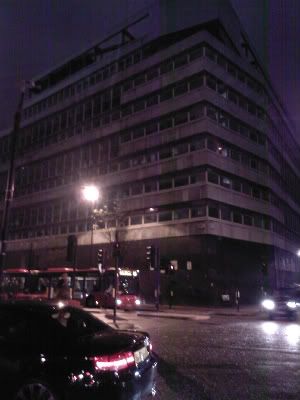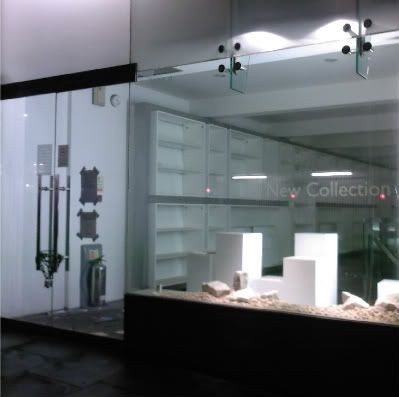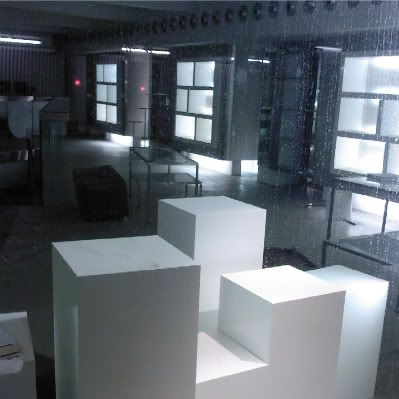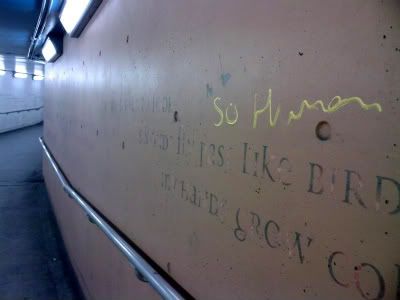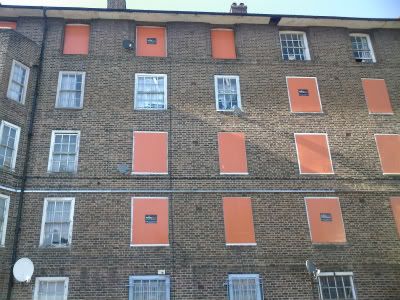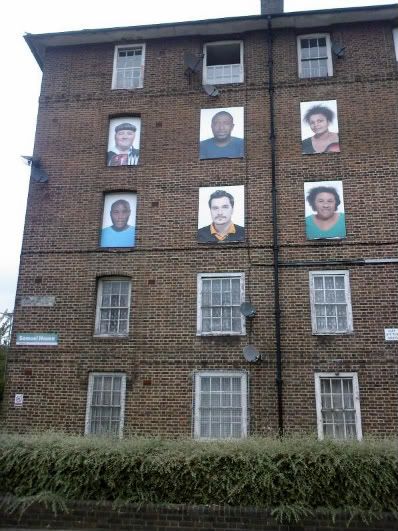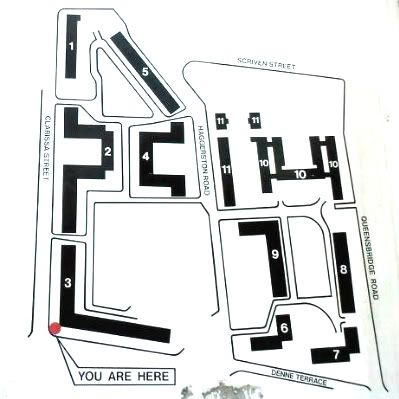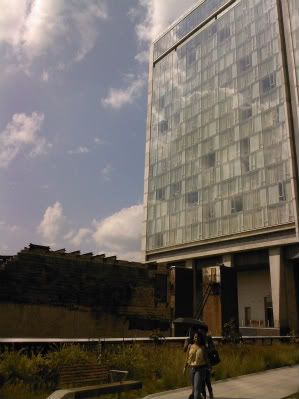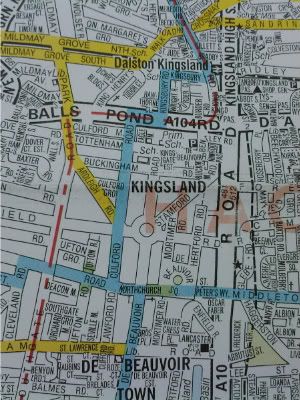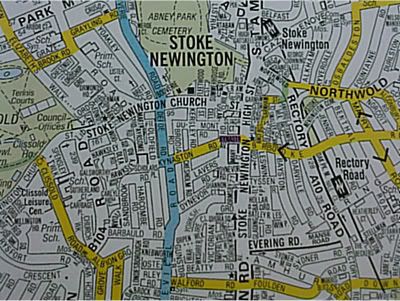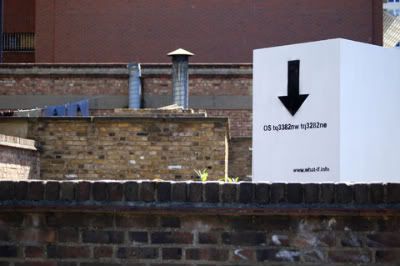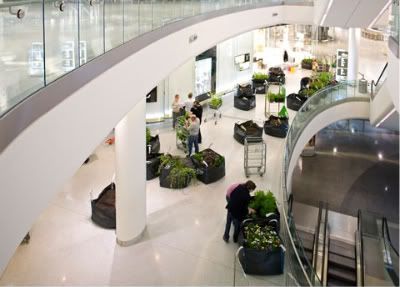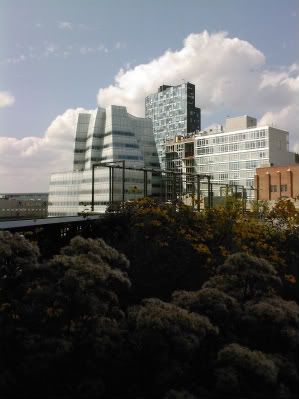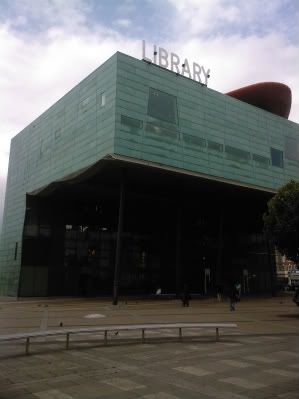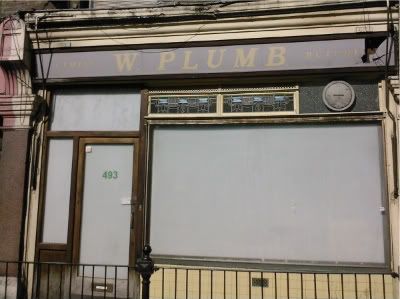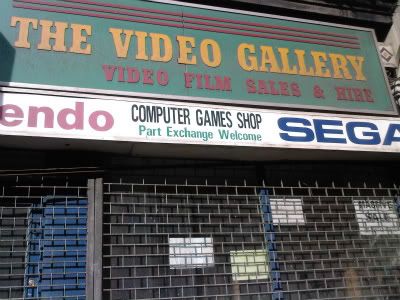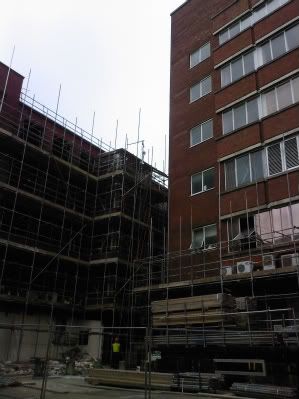And this is a plea for moderation. Look, I know futurology is shiny and exciting, but let's put this in context. Research from Nielsen shows that 10.4 million Britons access mobile internet, which is to say over 80% of the population do not. 6.2 million people use smartphones, but this market is dominated by Nokia (44%) and Blackberry (19%), with the iPhone taking 3rd place with 17%, or about 1.05 million users. As Edward Kershaw, Nielsen's VP of Mobile Media says,
Whilst smartphones get all the media attention it’s important not to overlook what the vast majority of Britons are actually using. It’s easy to be blinded by the hype but this results in a distorted picture of the mobile market.
At a generous estimate, 1 in 10 Londoners use iPhones. This app-tastic networked interactive post-architectural futuropolis? Demographically it's white, it's rich and it's male. Now, that also happens to describe the architectural profession rather well, so it's perhaps not surprising that such a privileged perspective has come to dominate the discourse. But here's a comparison for you: the number of iPhone users in London is broadly similar to the 700,000 Londoners living in housing association properties, and the 750,000 Londoners living in overcrowded conditions.
Political bloggers may be doing a great job analysing affordable housing issues, but urbanists? Architecture bloggers? Hardly a peep. I find this deeply disheartening. Architecture school teaches the most extraordinary imaginative skills yet in such a socio-political vacuum, where the closest anyone gets to political analysis is debating whether Le Corbusier was a fascist. I know y'all want your pretty renderings featured in Wired magazine, but why not use that creativity to "augment reality" in a more progressive way than showing where's the nearest Tube station?
I live in a city of massive inequality, where millions of people are stressed and unhealthy and we struggle to imagine a way to exercise without spending £60/month at Fitness First. I live in a city where house prices are greatly determined by parents' fears of educational inequalities, and where my generation will be at the mercy of landlords for life; I live in a city where too many earn below the London living wage of £7.60 an hour. I live in a city that's fucking political, yet I read the leading blogs in this field and you'd never guess.
Now I too fail to blog about this a fraction as much as I should - do not get me wrong, j'accuse myself; I am the kid who wrote a thesis on the existential nature of dust and I got a bit excited about iPhones too. This is a polemic intended to energise myself as much as anyone else...
Anna Minton writes of the city as political and the urbanist blogo/Tweetosphere listens; plenty of academics are working on these topics although often it's crashingly dull. If technofixes are widely critiqued as a means of addressing climate change, why so much technofetishism in urbanist thinking? If you think an iPhone app can double voter engagement and make big developments more accountable, for god's sake shout about it. But hyperlocal advertising and information about the coolest coffee shop in the neighbourhood is just so much capitalist fluff, so much extra encouragement to consume; so not progressive.
Anthropologically, too, who's actually assessing the extent of the impact of this technocity on people's lives? Where's the empiricism in these blog posts? They all seem to be hypothetical or imaginative rather than ethnographic research of this technology in lived experience. Who's questioning the hype about how revolutionary these technologies are? And, among all this shiny, don't we risk losing sight of the actual, tangible, real spaces people are living in? Shitty bike lanes, muggings, litter and traffic congestion? That's why I liked the Bratton piece I linked to: at least it brought some materiality, some tactility back into this discussion.
In summary: where's the political, the empirical and the embodied in these 'networked cities' essays? One sentence mentioning a need to ensure that the wrong people (who?) don't control (how?) all that data does not incisive analysis make. Architectural theory loves its future cities, its fictional cities, its Ballard and Gibson and CAD and conceptualism. Imagination is great, don't get me wrong.
But imagination alone doesn't make the world a better place.

